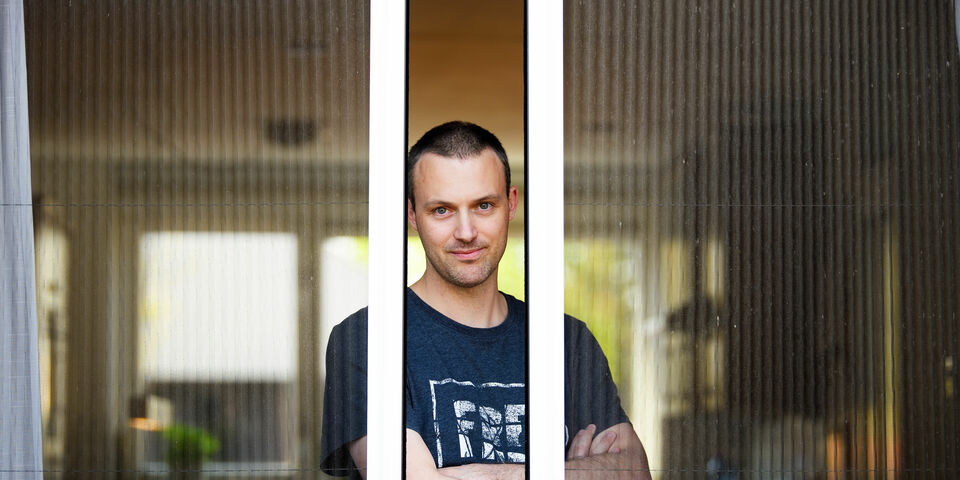The honest truth
Boudewijn van Dongen recommends that every first-year student starts studying right away in the first few weeks. Catching up on study delays is no easy feat. The statistics – and a telling anecdote – make that clear.
During an information session at another university last year, I asked a second-year student how her studies were going. Her answer surprised me. She said, “Actually, pretty well. Unfortunately, I’m a year behind because I only earned fifty-five credits last year, but otherwise things are fine.”
Ask the same question to a second-year student in Eindhoven, and you’ll hear a very different response: “Yes, I’m on track. I only earned forty credits last year, but I can make that up this year.”
This small anecdote illustrates the difference in mindset between students. TU/e is more like a school than a university. We tend to take students by the hand, reassure them that everything will work out, and say it’s no big deal if they forget to study once in a while and fail a course.
That school-like, Brabant-style friendliness may work for a program with fifty first-year students, but not for one with five hundred. The statistics also show that the idea of making up for failed courses simply isn’t true. On average, Eindhoven students earn only forty out of sixty credits per year, meaning it takes them about 50 percent longer to complete their program than planned. That’s the honest truth.
So to all first-year bachelor’s and master’s students, my message is this: you are now a student, so start studying. For the next eight weeks, you need to focus full-time on your coursework – in class, in groups, or at home. If you do, you’ll see that the first exams will go just fine. But if you do fail a course, you will have fallen behind – and catching up is no easy feat.
Boudewijn van Dongen is a professor of Process Analytics at TU/e. The views expressed in this column are his own.
This article was translated using AI-assisted tools and reviewed by an editor.


Discussion